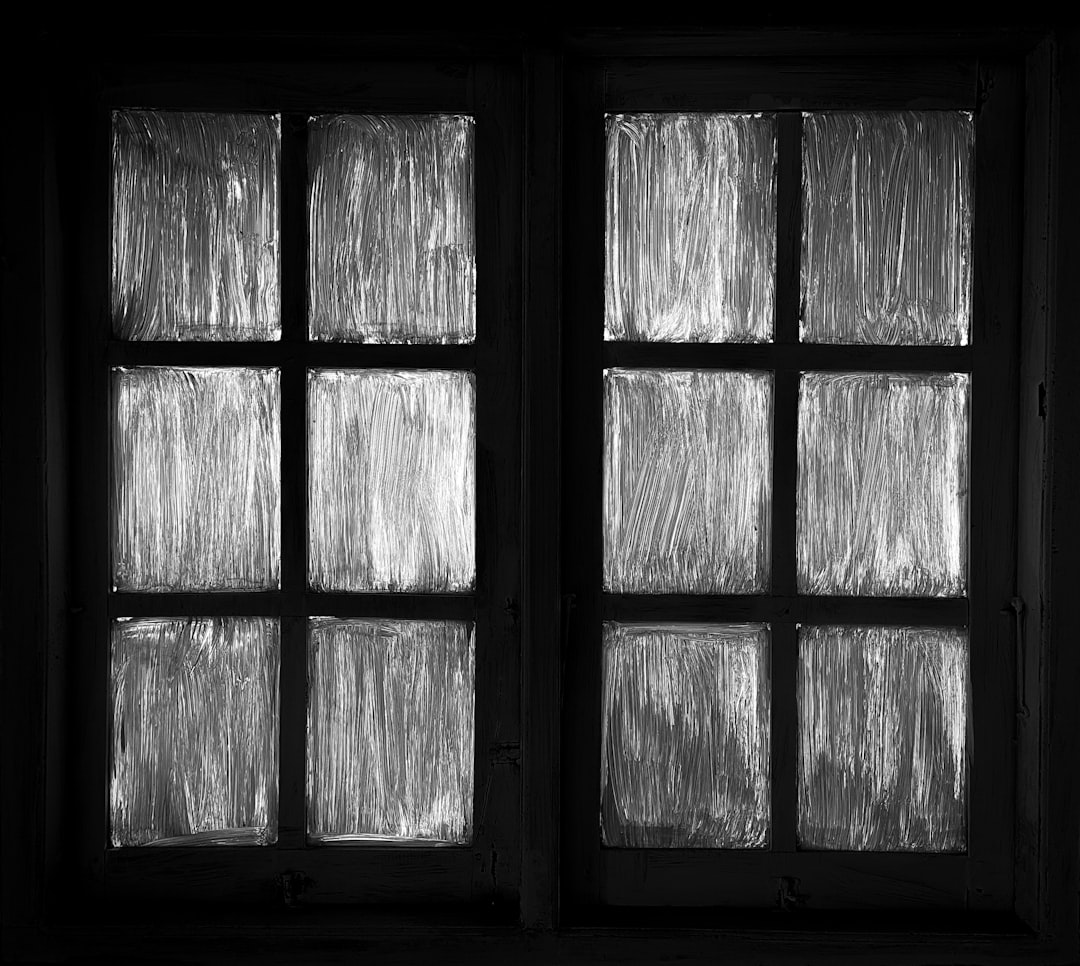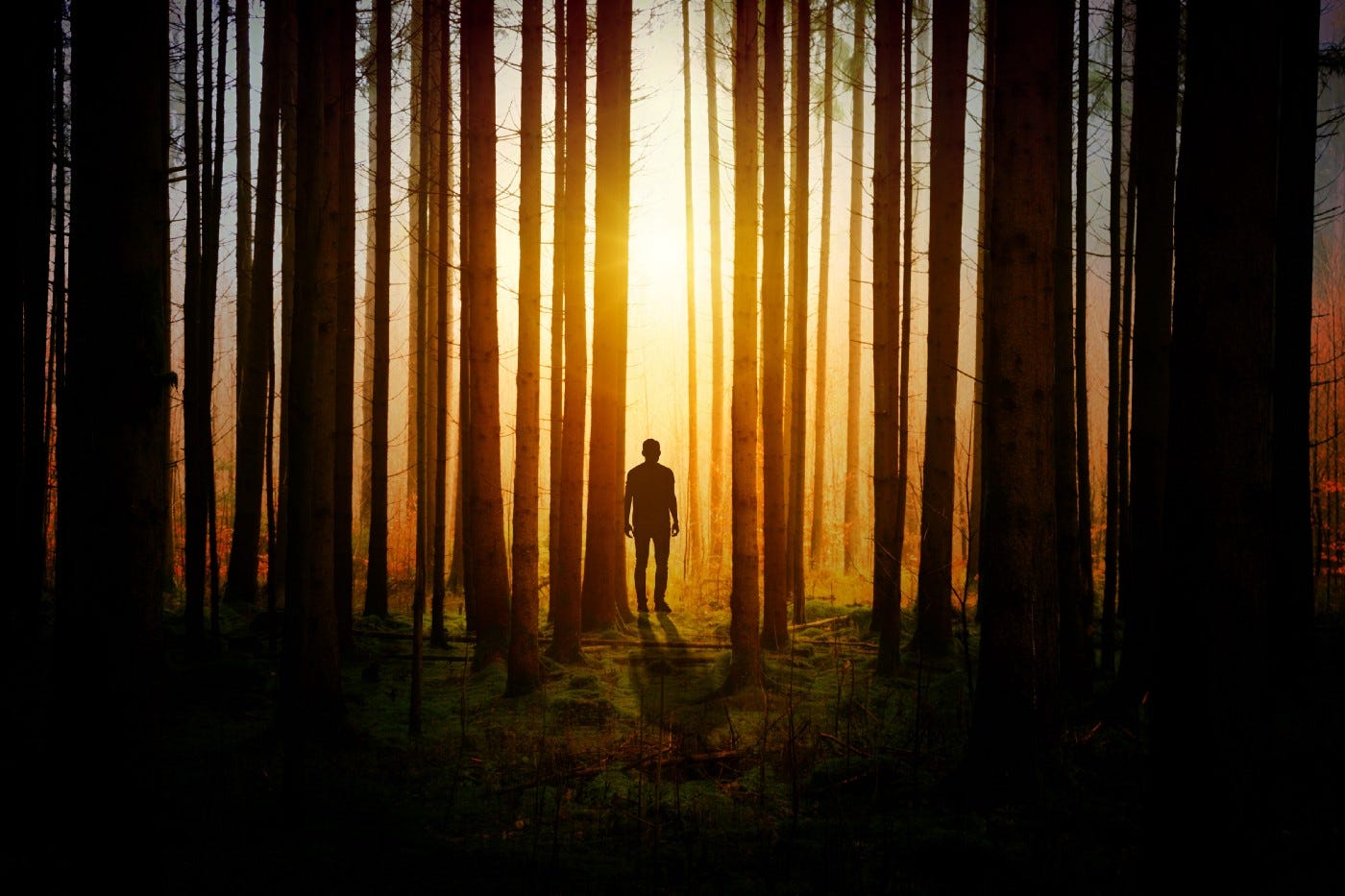The Saturday Brunch: a figurative flat white or fizzy to start your weekend

I’ve met writers who go through ‘no-reading-periods’ whilst composing, afraid the prose will interfere with their own. Instead, I like to continue to read, perhaps even more voraciously, in areas related to my work in progress…or sometimes unrelated. Something between the words fires my synapses into action.
Ever since I could read chapter books on my own, I’ve enjoyed thrillers and mysteries. But this is the first time I’m writing one; it feels both a natural response to this part of my passion as a reader and a difficult challenge to the way I normally compose fiction. I’m channelling many great authors before me and have recently read a couple of wonderful, unique thrillers with fascination settings as part of my inspiration.
First, I’ll share a one of these recent books I’ve discovered and then I’ll republish an article I wrote last year on thrillers with ‘literary merit’ below. These include The Third Man, by Graham Greene, which is based in Vienna like the novel I’m currently writing. Before that, we can turn briefly to Scandinavia’s cold and beautiful world, also the setting of many great crime dramas on television. [Next week, I’ll be talking about UK set TV thrillers and detective shows.]
Briefly, I’ll add another to the ensuing list: Muriel Spark’s The Driver’s Seat. Wow, this novella is so rich, strange, and creepy that I read it in one sitting after a day of skiing and then had to immediately go back to the beginning to read it with a new perspective. I first read about the book in this article on Sparks from Kate Jones.
I hope you find something here you like. Please also tell us about your favorites!
Norwegian by Night
Derek B. Miller (2014)
This Scandinavian setting provides not only elements of noir (isolation and otherness) but also a setting of cultural intersections. New Yorkers, Norwegians, and Albanians come together in and around Oslo with flashbacks (blended with dreams) to Korea and Vietnam.
Derek B. Miller is an American who currently lives in Norway as director of the Policy Lab and a senior fellow with the United Nations Institute for Disarmament Research. He has lived in seven countries. This background of the author shows in the way he creates mystery and conflict between characters of different cultures as well as providing several layers to the text through historical national and racial or cultural conflicts.
Sheldon Horowitz is an old Jewish man from New York who comes to live with his granddaughter and her Norwegian husband. Quickly, the plot is propelled into action and Sheldon is on the run with a child he is trying to protect and the granddaughter goes into hiding. Sheldon’s flashbacks to the Korean war and the Vietnam war, where his son died, blur with the present.
The plot’s intricacies are a way for us to grapple with elements of the world’s tragedies but also how they become personal, and how we may throw ourselves into tragedy for a cause that perhaps doesn’t match our principals. On the surface, we have a ‘running-from-the-criminals-police-story’ but with these added layers, Miller gives us much more to think about and creates poignant personal moments. Because Sheldon’s reality is not always so clear, the reader is given more liberties with one’s own imagination.
6 Thrillers for Lovers of Literary Fiction
Who says scary can’t be sophisticated?
Originally published on Medium, February 10, 2022

When I read a book, I want the prose to draw me in and impress me. It doesn’t have to use big words or be especially poetic, but it does have to make me consider the power of the language the author has chosen. The play of words and ideas make us understand something through dissonance and layers.
A good thriller does more than scare you. It makes you think about the world in a different way or appreciate some truth or beauty within it (Keats would say these are the same).
If you also like to read in this way, try these thrillers for some genre-benders that coexist in the space of literary fiction.
All links to books are on bookshop.org where you can support local bookstores.
Death and the Penguin
by Andrey Kurkov (1996, translated from the Russian by George Bird)
Set in Ukraine, this mysterious novel features the obituary writer named Viktor and his pet penguin, given to him by the failed zoo. Through the terror of strange disappearances and appearances amidst thoughts that those who control the media control people’s lives, Kurkov tells a story of isolation, grief, and lack of self control.
The full story is what you get told only if and when your work, and with it your existence, are no longer required.
In the context of post-Soviet Ukraine with death all around him, Viktor concludes that an escape to Antartica might be better…

The New York Trilogy
by Paul Auster (1986)
All of Auster’s novels include intricate layers and puzzles of meaning, even if they may not reach a genre-bending thriller categorisation. He draws heavily on critical theorists such as Derrida, Foucault, and Baudrillard in his prose (as I write about in regards to Invisible).
The New York Trilogy is composed of three novellas that all make use of a city labyrinth, detective tales, and mise-en-abyme to tell their stories. City of Glass in particular is a puzzle of fascinating ideas about ontology, linguistics, and metafiction.
The detective is one who looks, who listens, who moves through this morass of objects and events in search of the thought, the idea that will pull all these things together and make sense of them. In effect, the writer and the detective are interchangeable.
Additionally, there is a beautiful graphic novel adaptation of this novella by Paul Karasik and David Mazzucchelli. Auster discusses this work with the artists at the Comic Arts Brooklyn Festival in 2013.
The Third Man
by Graham Greene (1950)
You may have seen the iconic film about spies and secrets in post-WWII Vienna that was divided into the Inter-Allied Zone by the Four Powers. Greene wrote The Third Man initially as a rough novella in anticipation of turning it into a screenplay for director Carol Reed. As Greene says in his preface that it was “never written to be read but only to be seen.” He goes on to claim it is “impossible to write a film play without first writing a story” and that the layers of character and theme must be developed more deeply through language that will only become visual symbolism in film.
Orson Welles, who also stars in the film, collaborated on the transformation which also made changes and left out some of the nuance especially about political discourse. However, both the novella and the film are intriguing works of art in their own way.
The atmospheric quality of the book has made it iconic. Haunting places tell the story as much as the characters:
A thaw set in that night, and all over Vienna the snow melted, and the ugly ruins came to light again; steel rods hanging like stalactites, and rusty girders thrusting like bones through the grey slush. Burials were much simpler than they had been a week before, when electric drills had been needed to break the frozen ground.
Once you read the book, you can take a trip to Vienna and view the film at Burgkino Cinema where it plays twice a week or do a related city tour.

Snowblind
by Ragnar Jonasson (2014, translated from the Icelandic by Quentin Bates)
Ok, so Snowblind by the Icelandic author Ragnar Jonasson is more of a classic crime thriller than the others on this list (as are Jonasson’s other books). It’s even part of a series. However, the atmospheric quality of northern Iceland and well rounded characters prompted me to place his books in this category. He plays with concepts of time, climate, isolation, trauma, and acting. There are some echos of Hamlet in this novel.
Jonasson began publishing as a translator, including a portfolio of 14 Agatha Christie novels, so we can understand where his roots in the attention to linguistic detail come from. He also co-founded the Iceland Noir international literature festival, which “celebrat[es] darkness in all its forms.”
Epitaph for a Spy
by Eric Ambler (1938)
This spy thriller that takes place in the South of France features a Hungarian refugee and language teacher as well as other hotel guests and patrons who each have fascinating back stories and secrets. While the novel keeps you guessing with a feeling of imminent danger until the end, the characters also delight in their well rounded and entertaining discourse. Ideas of statelessness and nationality in connection to identity create a clever subtext.
Monsieur Pain
by Roberto Bolaño (1999, translated from the Spanish by Chris Andrews)
Fans of Bolaño enjoy his sharp unsettling narratives for their dark mysteries and mazes of thought. Monsieur Pain is a shorter but just as layered work by the Chilean author of 2666 and The Savage Detectives.
If you enjoy the works of Poe (especially about mesmerism), surrealism, Freudian doubles, playing with time, and explorations of madness, you will devour this book.
These six books [and the two above] prove that thrillers have no boundaries. I would love to hear about more of your favorites in the comments.
Kathleen Waller is a novelist in Basel where she is working on her next book: a Vienna-based psychological thriller. She has a PhD in Comparative Literature and is the author of The White Night and two books for literature teachers. For more information: kathleenwaller.com





Thanks for the mention, Kate! So glad you enjoyed the Spark book; it is quite a disturbing and original read, I think.
I have to confess that I am not a huge thriller reader, mostly because I read a lot before bed and I find I get too stressed by them!! But an unusual book I did enjoy was 'The Body Lies' by Jo Baker. It wouldn't necessarily fall into the thriller genre qs such, but does have a mystery at the centre of it and would come under literary fiction with its use of metafiction. It is also set in a UK university and is about creative writing! So I think you might enjoy it!
So much to enjoy here as always, thanks for the recommendations. I need to read much faster! Jo Nesbo's Harry Hole series is very good if a bit gruesome. He had me in tears once, not something one expects reading crime fiction. I'm working on a piece about a Scandinavian TV series at the moment : I really love the mood of Scandinavian crime fiction and TV drama. The Third Man is a great classic movie and Orson Welles was marvellous as Harry Lime. (Strangely I've also mentioned a film of his in another article I'm putting out within the next month although it's not actually about him). So interesting to see that they still celebrate the film in Vienna! I haven't read a lot of Greene but I do love "Our Man in Havana". "The End of the Affair" was good. I was very excited by "The New York Trilogy" when I first read it years ago so I also read "Leviathan". Auster is the real deal. I should probably read them again. So many books, so little time. Good luck with your current one Kate, I've downloaded "The White Night" which looks great.